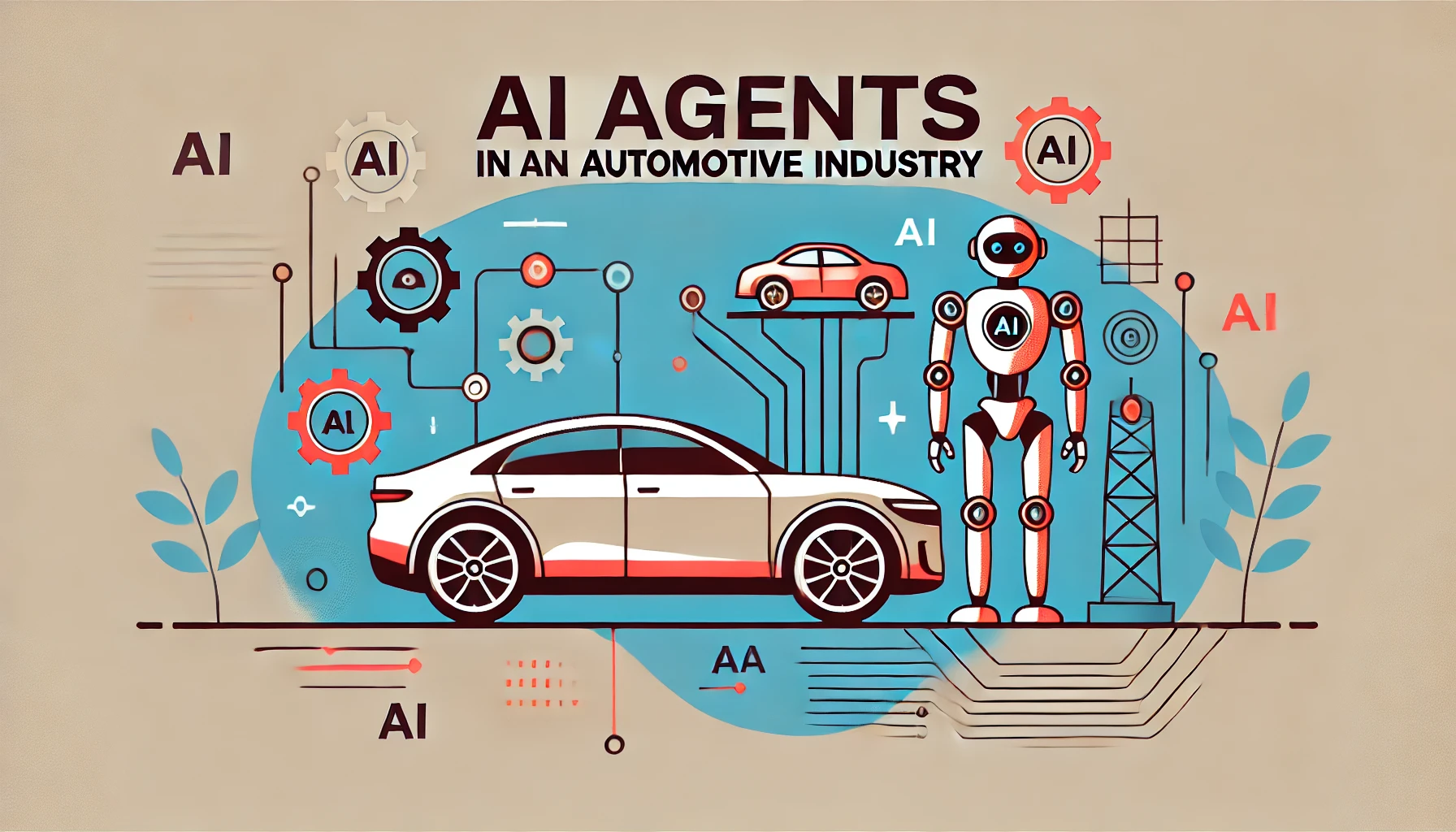
The automotive industry is undergoing a significant transformation, driven by the integration of artificial intelligence (AI) agents. These intelligent systems are revolutionizing various aspects of automotive operations, from manufacturing to customer service, and enhancing the overall driving experience.
Revolutionizing Manufacturing Processes
AI agents are playing a crucial role in modernizing automotive manufacturing processes. By leveraging machine learning algorithms and predictive analytics, these systems can optimize production lines, reduce downtime, and improve quality control. For instance, AI-powered robots are now capable of performing complex assembly tasks with precision and consistency, ensuring that vehicles are built to the highest standards.
Moreover, AI agents can analyze vast amounts of data from manufacturing equipment to predict potential failures and schedule maintenance proactively. This predictive maintenance capability not only minimizes unexpected breakdowns but also extends the lifespan of machinery, leading to significant cost savings for manufacturers.
Enhancing Autonomous Driving Technology
One of the most exciting applications of AI in the automotive industry is the development of autonomous vehicles. AI agents, equipped with advanced sensors and cameras, enable vehicles to navigate complex environments, make real-time decisions, and ensure passenger safety. These systems continuously learn and adapt to various driving conditions, improving their performance over time.
“The integration of AI in autonomous vehicles is paving the way for safer and more efficient transportation, reducing the reliance on human drivers and minimizing the risk of accidents.”
AI agents use data from multiple sources, including GPS, lidar, and radar, to create a comprehensive understanding of the vehicle’s surroundings. This holistic approach allows autonomous vehicles to respond swiftly to dynamic road conditions, such as sudden obstacles or changing traffic signals, ensuring a smooth and safe journey.
Improving Customer Service and Personalization
AI agents are also transforming the way automotive companies interact with their customers. By leveraging natural language processing and machine learning, AI-powered chatbots and virtual assistants can handle customer inquiries, schedule service appointments, and provide personalized recommendations based on individual preferences and driving habits.
These AI-driven customer service solutions enhance the overall customer experience by providing quick and accurate responses, reducing wait times, and offering tailored solutions. For example, an AI virtual assistant can remind customers about scheduled maintenance, suggest the best routes for daily commutes, and even provide real-time updates on traffic conditions.
Optimizing Supply Chain Management
The automotive supply chain is a complex network involving numerous suppliers, manufacturers, and distributors. AI agents can streamline this process by analyzing supply chain data, forecasting demand, and optimizing inventory levels. By predicting potential disruptions and identifying bottlenecks, AI systems ensure a smooth flow of materials and products throughout the supply chain.
Furthermore, AI agents can enhance supplier collaboration by providing real-time insights into inventory levels, production schedules, and delivery timelines. This transparency fosters better communication and coordination among all stakeholders, leading to improved efficiency and reduced operational costs.
Future Prospects
As AI technology continues to evolve, its applications in the automotive industry will expand further. Future advancements may include more sophisticated autonomous driving capabilities, enhanced predictive maintenance systems, and even greater levels of personalization in customer interactions. The potential for AI to drive innovation and efficiency in the automotive sector is immense, and its impact will be felt for years to come.
In conclusion, AI agents are transforming the automotive industry by enhancing manufacturing processes, improving autonomous driving technology, optimizing supply chain management, and revolutionizing customer service. As these intelligent systems continue to develop, they will play an increasingly vital role in shaping the future of driving and transportation.
